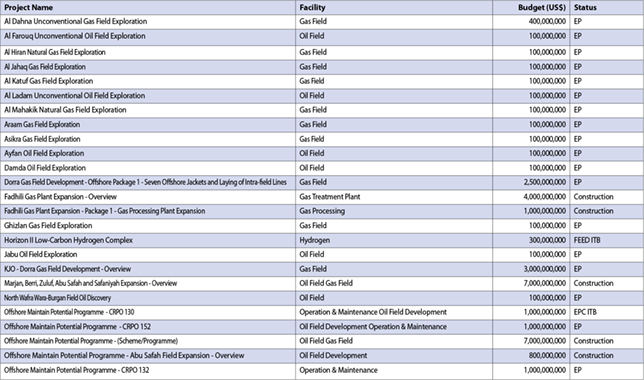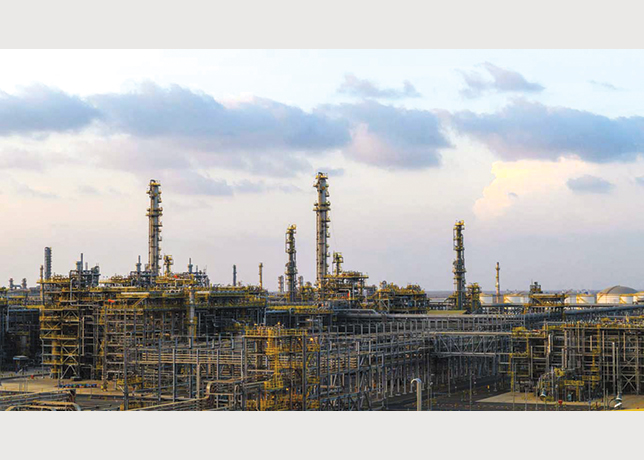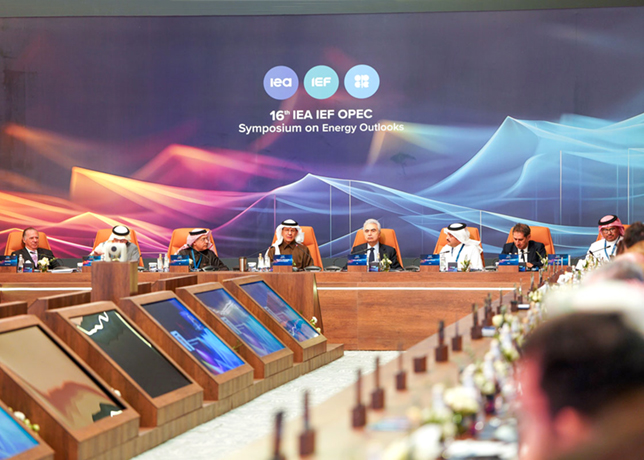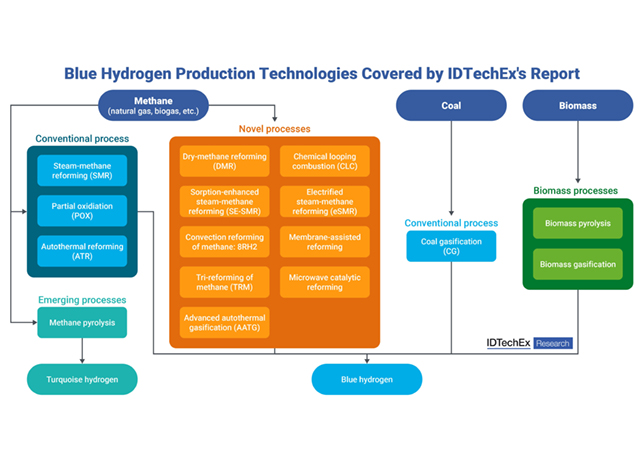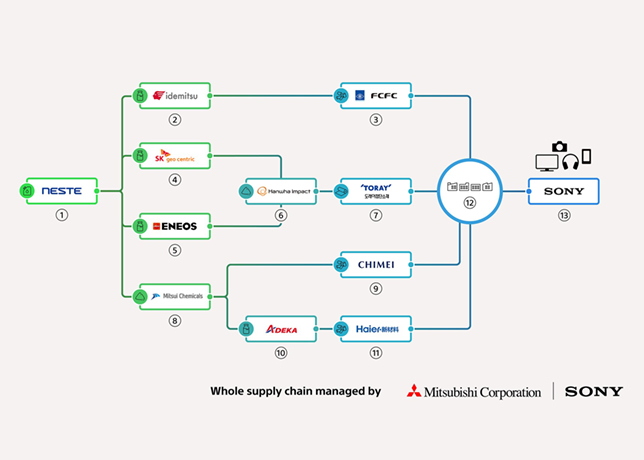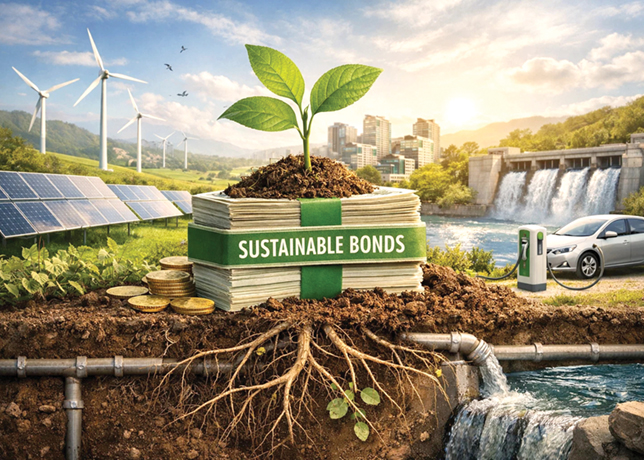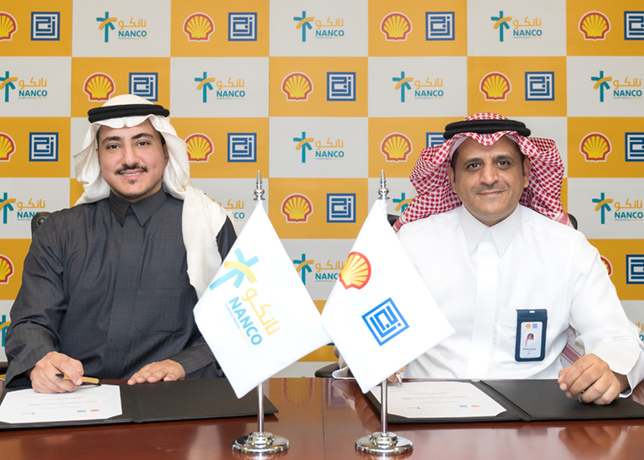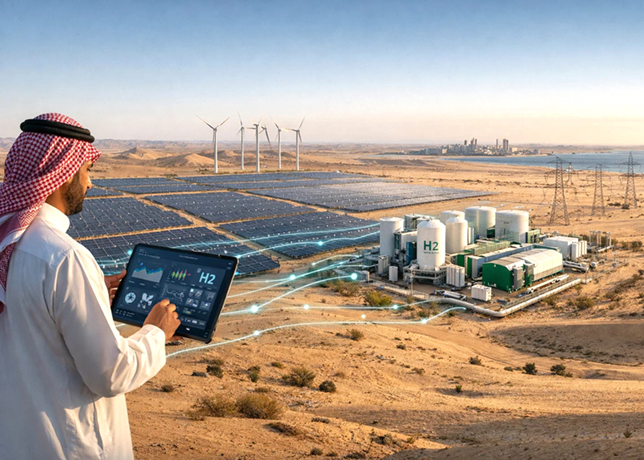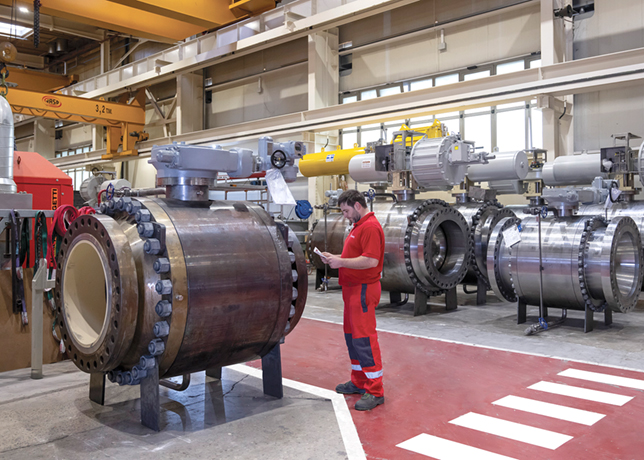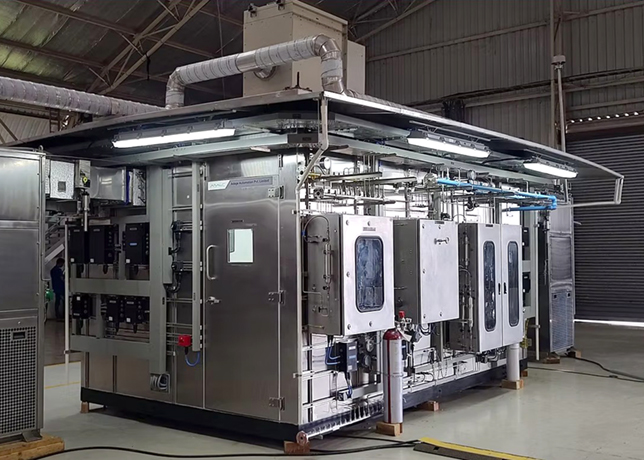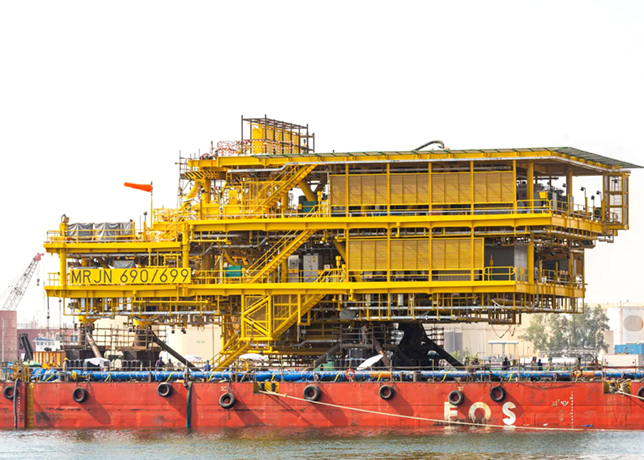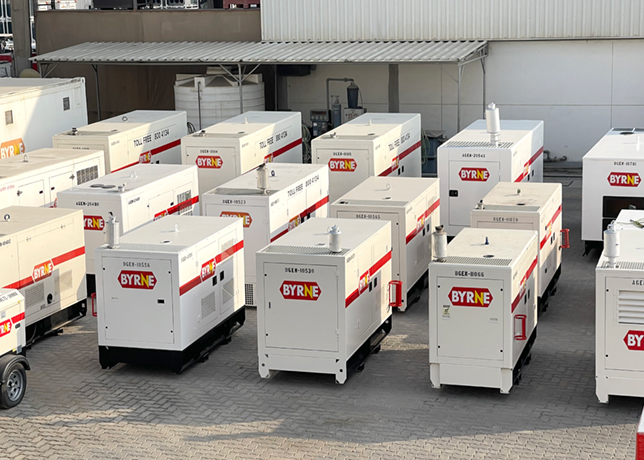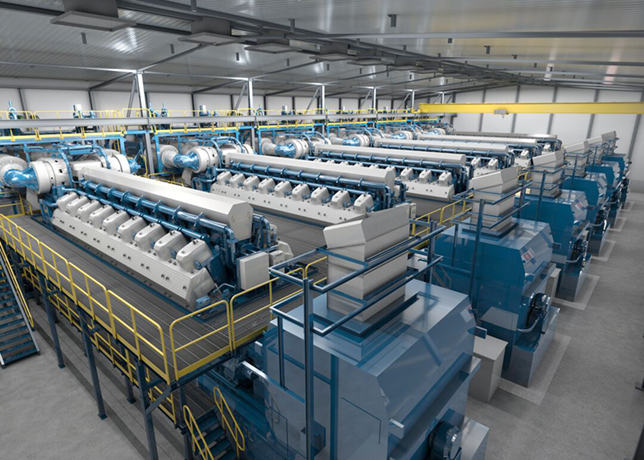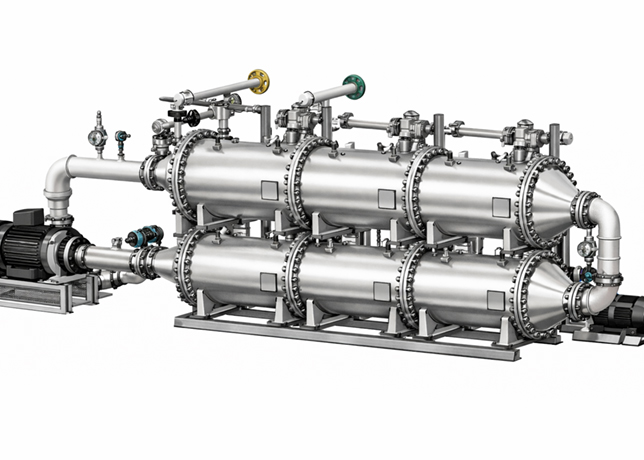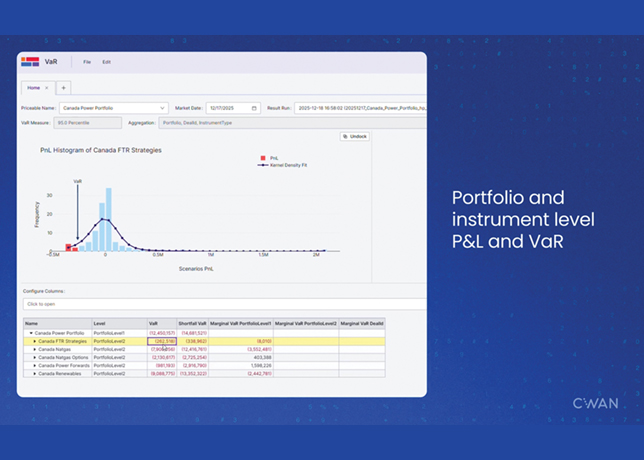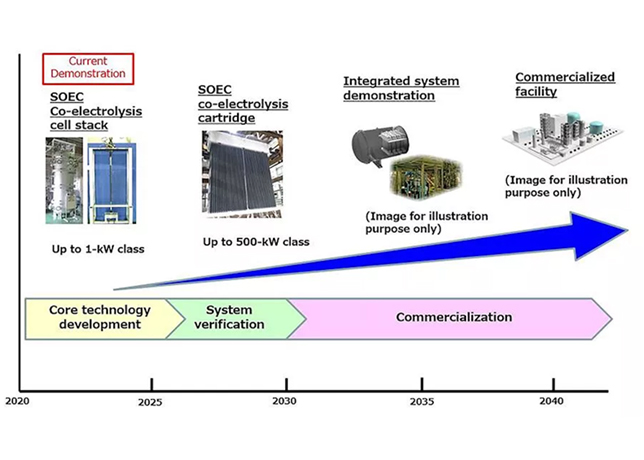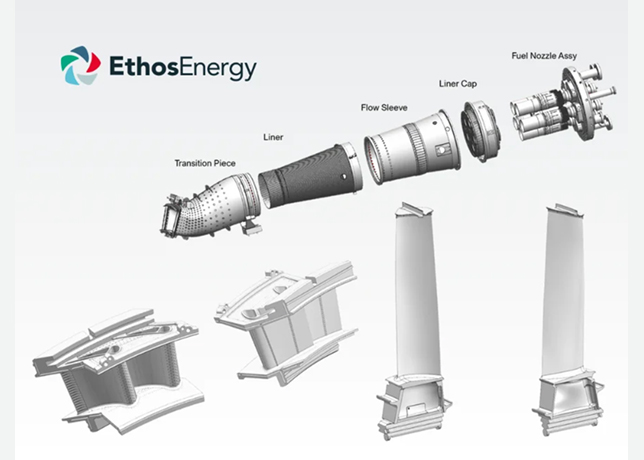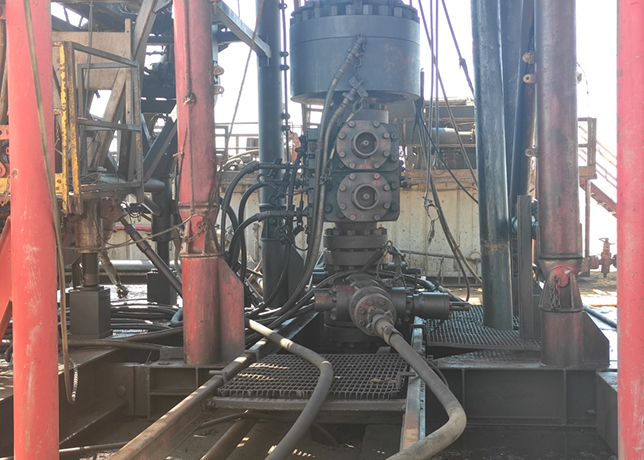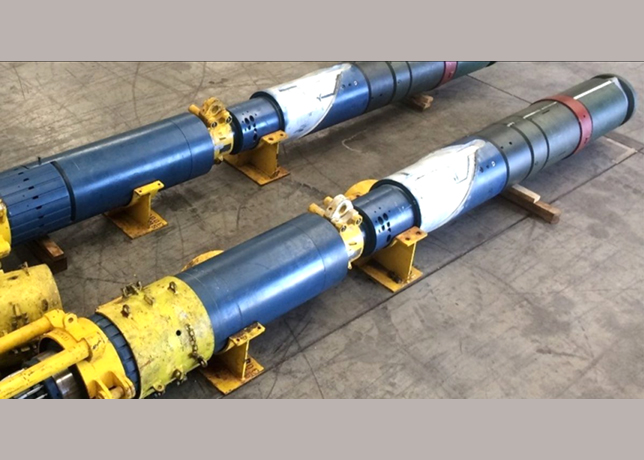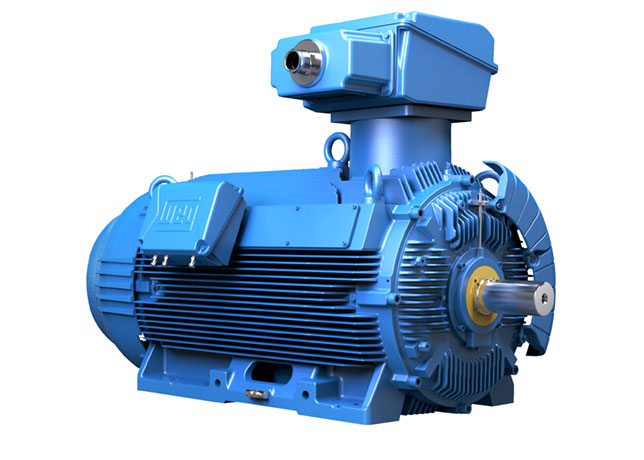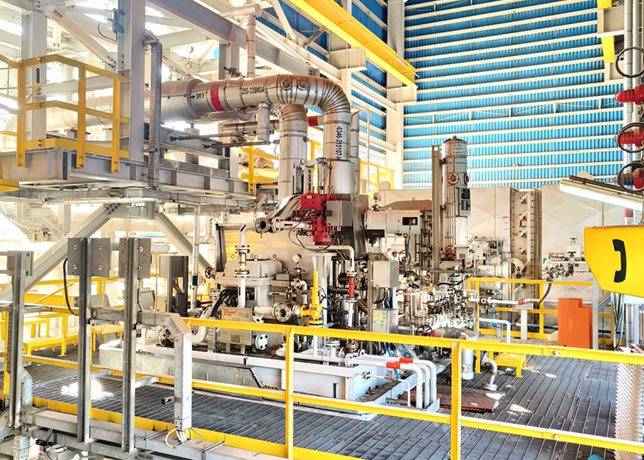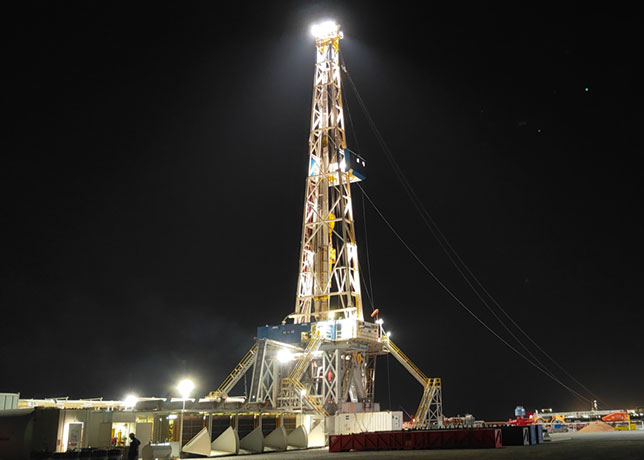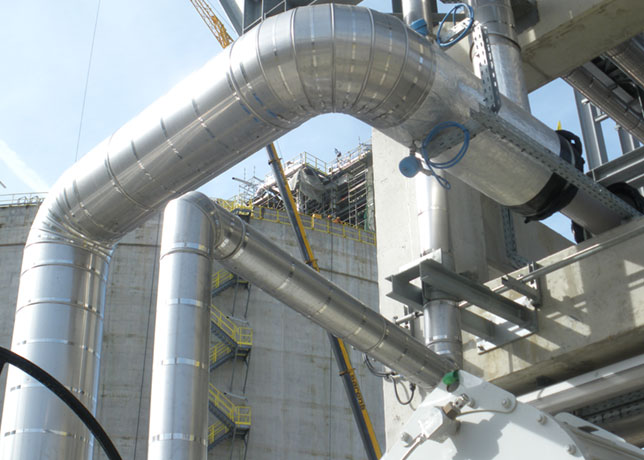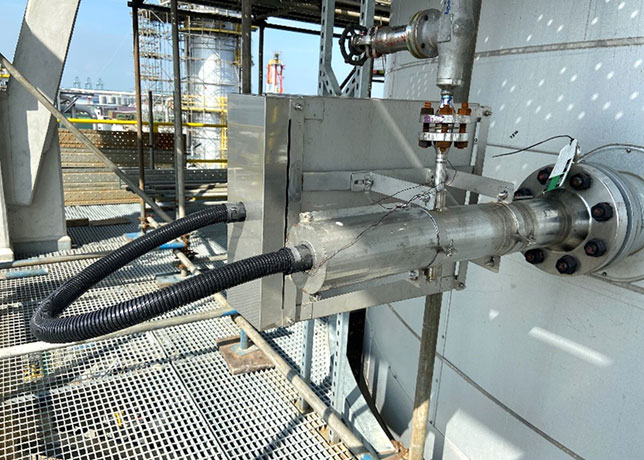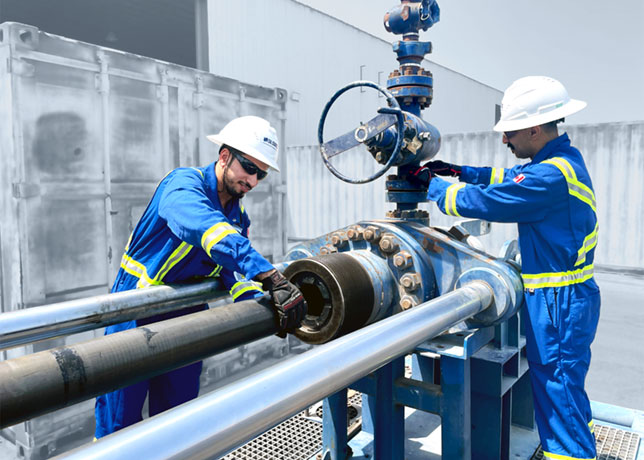
 The oil and gas industry can benefit from technologies that convert waste gases into usable energy
The oil and gas industry can benefit from technologies that convert waste gases into usable energy
Prioritising both immediate operational needs and long-term environmental responsibilities can help pave the way toward a resilient, sustainable energy future, says Johan Helberg, Head of Sales, Aggreko, Africa
In the intricate realm of global energy dynamics, the concept of the energy trilemma has emerged as a guiding principle.
This framework encapsulates the complex balance between three critical components: Energy security, environmental sustainability, and energy equity.
Striking a harmonious balance among these elements is paramount for achieving a resilient and sustainable energy future.
The challenges and opportunities inherent in this trilemma are particularly pronounced in high-demand industries such as mining and oil and gas, where the quest for innovative, reliable energy solutions is both urgent and indispensable.
THE ENERGY TRILEMMA: A COMPLEX BALANCING ACT
• Energy security: For industries like mining and oil and gas, energy security is crucial. These sectors demand a stable and continuous supply of energy to maintain operational efficiency and productivity.
Interruptions in energy supply can lead to significant financial and operational setbacks. Thus, ensuring a resilient infrastructure capable of adapting to demand fluctuations and supply chain disruptions is vital.
• Environmental sustainability: Industries are under increasing pressure to reduce their environmental footprint. The mining and oil and gas sectors are particularly scrutinised due to their traditionally high emissions and ecological impacts.
Innovative solutions that reduce carbon emissions and operate more sustainably can simultaneously address environmental concerns and enhance industry reputation and compliance with regulatory standards.
• Energy equity: Providing equitable access to energy resources ensures that operational benefits are widespread, extending beyond immediate economic gains to include community well-being and regional stability. Equitable access is vital for fostering positive relationships with local communities and stakeholders, particularly in regions where resource extraction occurs. Balancing the energy trilemma within industries such as mining and oil and gas requires targeted solutions reflecting each sector's unique demands and constraints:
• Hybrid energy solutions: Both oil and gas and mining operations, often situated in remote areas, face unique challenges regarding energy security and cost.
Hybrid systems that integrate solar power with traditional diesel or gas generators offer a robust solution, reducing reliance on costly and carbon-intensive diesel fuel while ensuring consistent energy supply.
Solar arrays can be deployed alongside existing infrastructure, providing an immediate sustainability boost without compromising operational reliability.
• Efficiency and flare reduction in oil and gas: The oil and gas industry, a significant contributor to greenhouse gas emissions through activities like flaring, can benefit from technologies that convert waste gases into usable energy.
By implementing flare-to-power solutions, companies can significantly reduce their emissions, turning environmental liabilities into operational assets.
This not only enhances sustainability but also provides economic benefits through reduced costs and improved energy efficiency.
• Decentralised energy systems: Both mining and oil and gas sectors can leverage decentralised energy systems to improve energy equity.
By generating power locally, these industries can reduce dependency on long-distance energy transmission, enhancing reliability and bolstering community access to energy.
This local generation capability can also pave the way for better emergency energy resilience and support regional energy needs, aligning industrial operations with community goals.
• Investment in clean technologies: Investing in clean and advanced technologies such as battery storage and smart grids ensures both sustainability and reliability. For instance, incorporating advanced energy storage solutions can help stabilise grid connections and accommodate renewable energy inputs, balancing supply and demand intricacies while maintaining operational efficiency.
Confronting the challenges of the energy trilemma is not just a necessity but also an opportunity for industries to foster innovation and strategic growth.
By embracing solutions that align these three critical dimensions, industries can prepare for a future where energy systems are resilient, sustainable, and inclusive.



